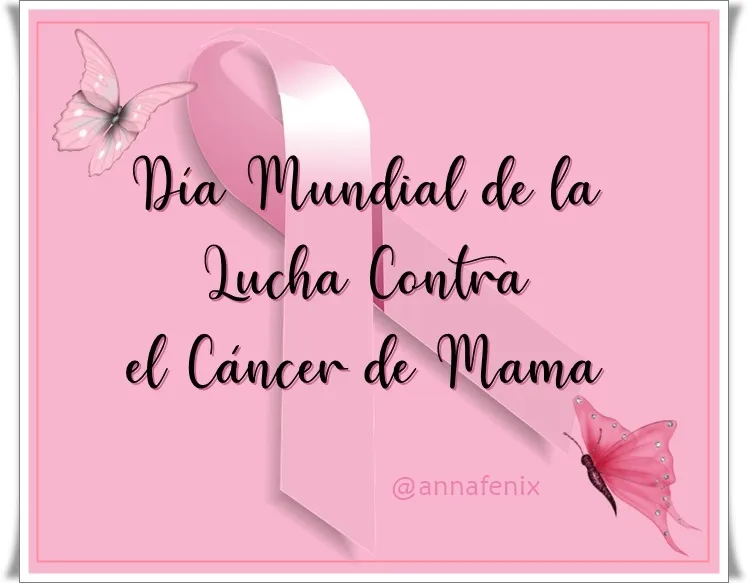
¡Buenos días mis queridos #hivers! Hoy, 19 de octubre, se está celebrando en el mundo entero, el
Good morning my dear #hivers!
Today, October 19, is the World Day to Fight Breast Cancer.

Por iniciativa de la Organización Mundial de la Salud, el 19 de octubre se celebra mundialmente el día internacional de la lucha contra el cáncer de mama con el objetivo de crear conciencia y promover que cada vez más mujeres accedan a los controles, diagnósticos y tratamientos oportunos y efectivos. La detección precoz a fin de mejorar el pronóstico y la supervivencia de los casos de cáncer de mama sigue siendo el trabajo más intenso de la lucha contra este cáncer.
At the initiative of the World Health Organization, on October 19 the international day of the fight against breast cancer is celebrated worldwide with the aim of raising awareness and promoting that more and more women have access to timely controls, diagnoses and treatments and effective. Early detection to improve the prognosis and survival of breast cancer cases remains the most intensive work in the fight against this cancer.
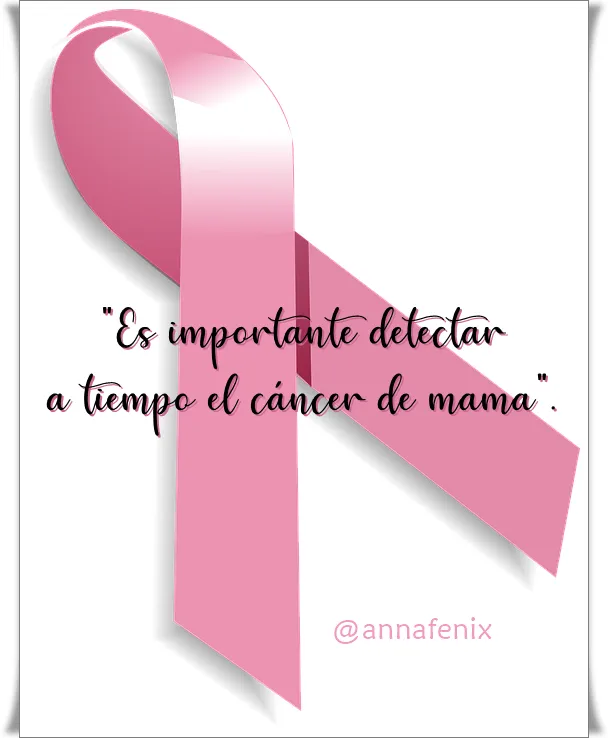
El cáncer de mama puede ser detectado y tratado a tiempo. Los programas de información, educación y consejería aumentan el conocimiento de las mujeres sobre los factores de riesgo y los signos y síntomas que requieren atención médica inmediata. Los programas de tamizaje organizados pueden detectar cánceres en etapas iniciales. La mayoría de las mujeres diagnosticadas con cáncer de mama en etapas iniciales (I y II), si reciben tratamiento, tienen un buen pronóstico, con tasas de supervivencia a 5 años del 80% al 90 %.
Lamentablemente, en muchos de los países de América Latina y el Caribe las mujeres son diagnosticadas con cáncer de mama en etapas tardías. El desafío para reducir la mortalidad por cáncer de mama, especialmente en ámbitos con recursos limitados, consiste en implementar y mantener programas de educación y detección precoz, con acceso oportuno a un tratamiento adecuado y eliminando las barreras para la atención médica.
Esta serie de resúmenes sobre cáncer de mama ofrece información actualizada para la planificación de programas eficaces, información sobre la evidencia científica sobre los factores de riesgo y las estrategias de detección precoz del cáncer de mama.
Breast cancer can be detected and treated early. Information, education and counseling programs increase women's knowledge of risk factors and signs and symptoms that require immediate medical attention. Organized screening programs can detect early-stage cancers. Most women diagnosed with early stage (I and II) breast cancer, if treated, have a good prognosis, with 5-year survival rates of 80% to 90%.
Unfortunately, in many of the countries of Latin America and the Caribbean, women are diagnosed with breast cancer in late stages. The challenge to reduce breast cancer mortality, especially in resource-limited settings, is to implement and maintain education and early detection programs, with timely access to appropriate treatment, and removing barriers to medical care.
This series of breast cancer briefs provides up-to-date information for planning effective programs, information on the scientific evidence on risk factors, and early detection strategies for breast cancer.
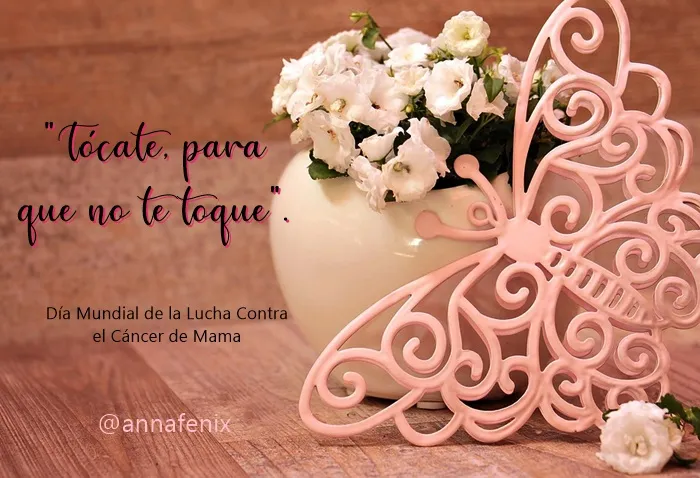
El año 2020 ha estado marcado por la pandemia del COVID-19 que también ha afectado a muchas pacientes de cáncer de mama por el colapso asistencial que se ha producido en muchos sitios. También se ha detectado un temor en acudir a las revisiones anuales debido a la preocupación por contagiarse. Hoy más que nunca se debe recordar la gran importancia que tienen dichas revisiones ginecológicas para prevenir esta y otras patologías.
En cuanto a las novedades que se han producido en este año 2020 queremos destacar el estudio del ADN para predecir la respuesta al tratamiento del cáncer de mama, ya que conocer exactamente el tumor es una oportunidad para individualizar el tratamiento y hacerlo más efectivo.
El cáncer es una enfermedad que afecta de forma considerable a gran cantidad de la población mundial, además de poder afectar de forma significativa cualquier parte de nuestro cuerpo, sin embargo, uno de los casos más relevantes son las mujeres que padecen cáncer de mama, las cuales se ven realmente afectadas, es por ello que el 19 de Octubre de cada año se celebra el Día Mundial del Cáncer de Mama, con la finalidad de dar un apoyo a estas mujeres que padecen la enfermedad.
The year 2020 has been marked by the COVID-19 pandemic that has also affected many breast cancer patients due to the healthcare collapse that has occurred in many places. A fear has also been detected in going to the annual check-ups due to the concern about getting infected. Today more than ever we must remember the great importance of such gynecological examinations to prevent this and other pathologies.
Regarding the novelties that have occurred in this year 2020, we want to highlight the study of DNA to predict the response to breast cancer treatment, since knowing exactly the tumor is an opportunity to individualize the treatment and make it more effective.
Cancer is a disease that considerably affects a large number of the world's population, in addition to being able to significantly affect any part of our body, however, one of the most relevant cases are women who suffer from breast cancer, which are really affected, that is why on October 19 of each year World Breast Cancer Day is celebrated, in order to give support to these women who suffer from the disease.
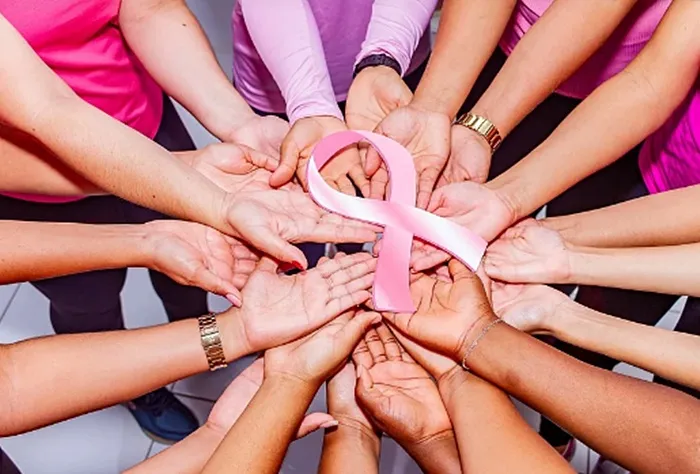
El cáncer en mi familia es un mal hereditario. En la última charla a la que asistí en el año 2019, con motivo de la Campaña Rosa, ésa fue la primera pregunta que hice a la doctora que realizó la conferencia, y su respuesta fue clara y enfática: "Los parientes más cercanos, hijas, y nietas, tienen mayor porcentaje de probabilidades de padecerlo". Mi hija y yo fuimos juntas a la charla, nos vimos a la cara al escuchar la respuesta de la conferencista. No se puede evitar sentir siempre un dejo de preocupación, pero tratamos al máximo de llevar una vida sana y tomar las debidas precauciones; la visita al médico y los exámenes regulares son la principal manera de prevenirlo.
En mi familia ahora mismo hay varias luchas, mi madre es sobreviviente de cáncer de piel con tratamiento preventivo, hoy en día un poco más difícil de realizarlo por su enfermedad de Alzheimer; mi hermana de crianza (mi prima mayor) está luchando ahora mismo con un cáncer en el pulmón, sus quimioterapias se debaten entre la crisis económica y la crisis que padece nuestro país en el sector salud; su mamá (mi tía y madre de crianza) perdió la batalla contra el cáncer de páncreas hace unos años; al igual que mi abuelita materna que perdió la batalla contra el cáncer de matriz.
Todas estas historias nos obligan a tomar con seriedad esta lucha, no ignorarla, asumirla como parte de la vida y cuidarnos para no ser un testimonio más en la familia y el mundo.
Cancer in my family is a hereditary disease. In the last talk I attended in 2019, on the occasion of the Pink Campaign, that was the first question I asked the doctor who conducted the conference, and her answer was clear and emphatic: "The closest relatives, daughters , and granddaughters, have a higher percentage of probabilities of suffering it ". My daughter and I went to the talk together, we saw each other when we heard the speaker's response. You can't help but always feel a hint of worry, but we do our best to lead a healthy life and take the proper precautions; visiting the doctor and regular exams are the main way to prevent it.
In my family right now there are several struggles, my mother is a skin cancer survivor with preventive treatment, nowadays a little more difficult to carry out due to her Alzheimer's disease; my foster sister (my older cousin) is struggling right now with lung cancer, her chemotherapies are torn between the economic crisis and the crisis our country is suffering in the health sector; her mother (my aunt and foster mother) lost her battle with pancreatic cancer a few years ago; just like my maternal grandmother who lost the battle against womb cancer.
All these stories force us to take this fight seriously, not ignore it, assume it as part of life and take care of ourselves so as not to be another testimony in the family and the world.

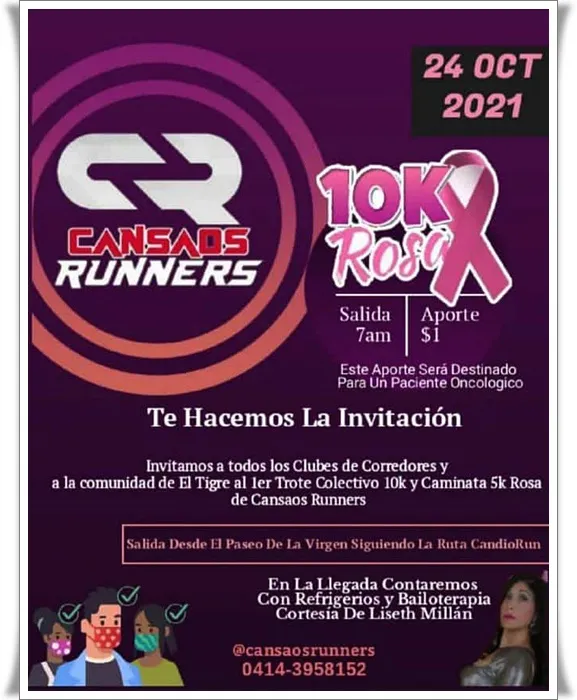
Con motivo de la campaña rosa en contra del cáncer de mama, el Club de Corredores "Cansaos Runners", organizó una carrera/caminata con el fin de recaudar fondos para una paciente con cáncer.
El evento se llevará a cabo el domingo 24 de octubre a las 7 am desde el Paseo de la Virgen del Valle, en la Av. Jesús Subero de la ciudad de El Tigre. ¡Apoyemos esta noble causa, tigrenses!
On the occasion of the pink campaign against breast cancer, the "Cansaos Runners" Running Club, organized a run / walk in order to raise funds for a cancer patient.
The event will take place on Sunday, October 24 at 7 am from the Paseo de la Virgen del Valle, on Av. Jesús Subero in the city of El Tigre. Let's support this noble cause, Tigrenses!
La información acerca del Cáncer de Mama se obtuvo a través de la Organización Mundial de la Salud y la Organización Panamericana de la Salud.
Information about Breast Cancer was obtained from the World Health Organization and the Pan American Health Organization.


